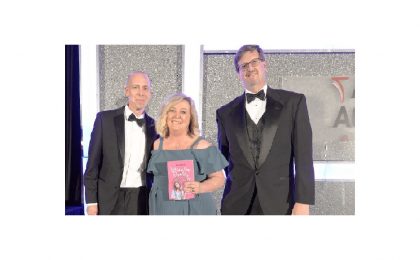Nonfiction Writing Tips: How to Show (Not Tell) Your Story
Connection. The bonding that glues humanity together. How is it done? It is always done through the power of a good story. Stories can drill a hole into our hearts and drain our love like the color off our checks. Or they can plug the hole with grit and perseverance and fill our soul with fire that ignites others. Stories have true power.
Stories are the connection for all of humanity.









